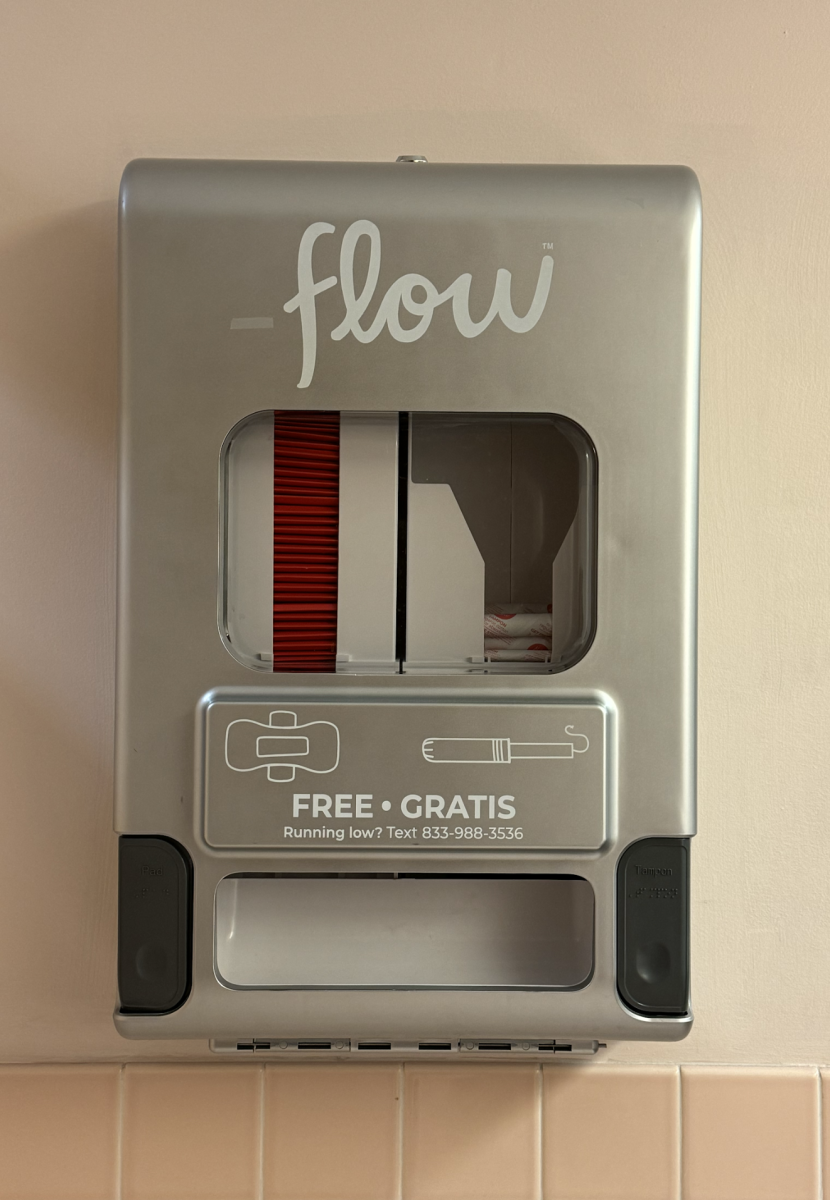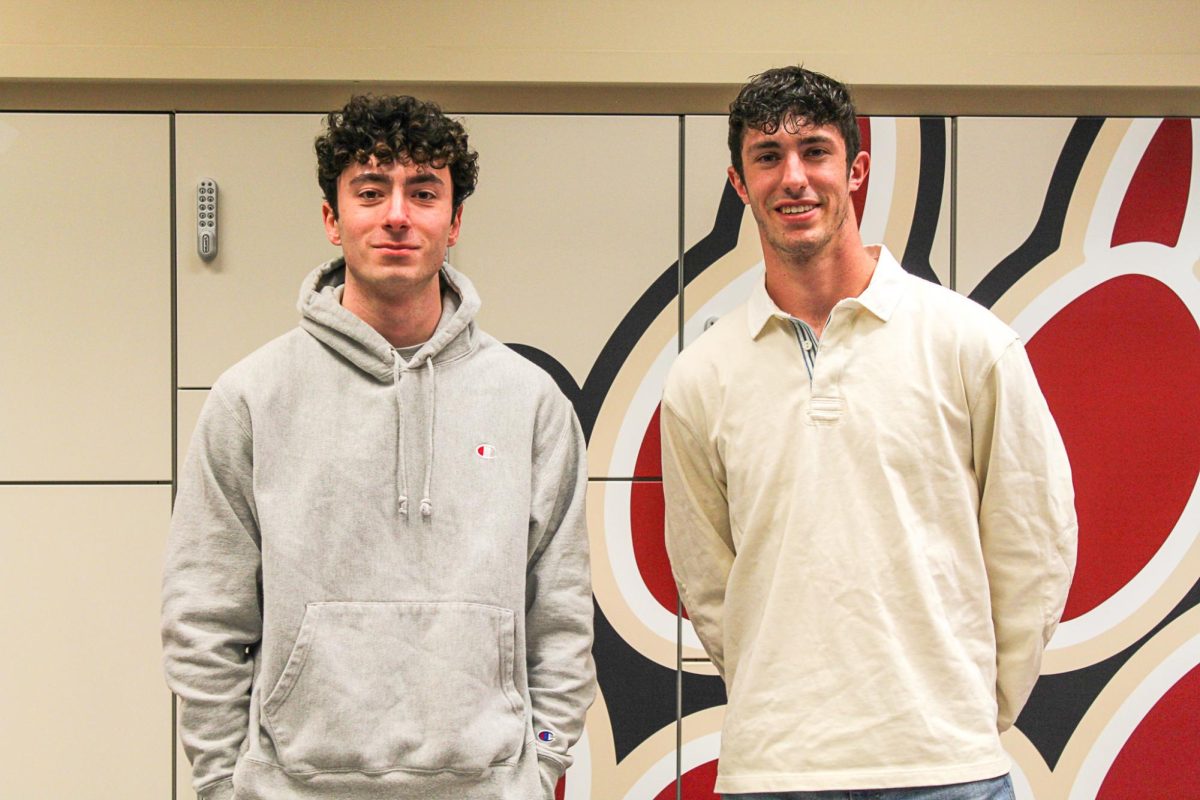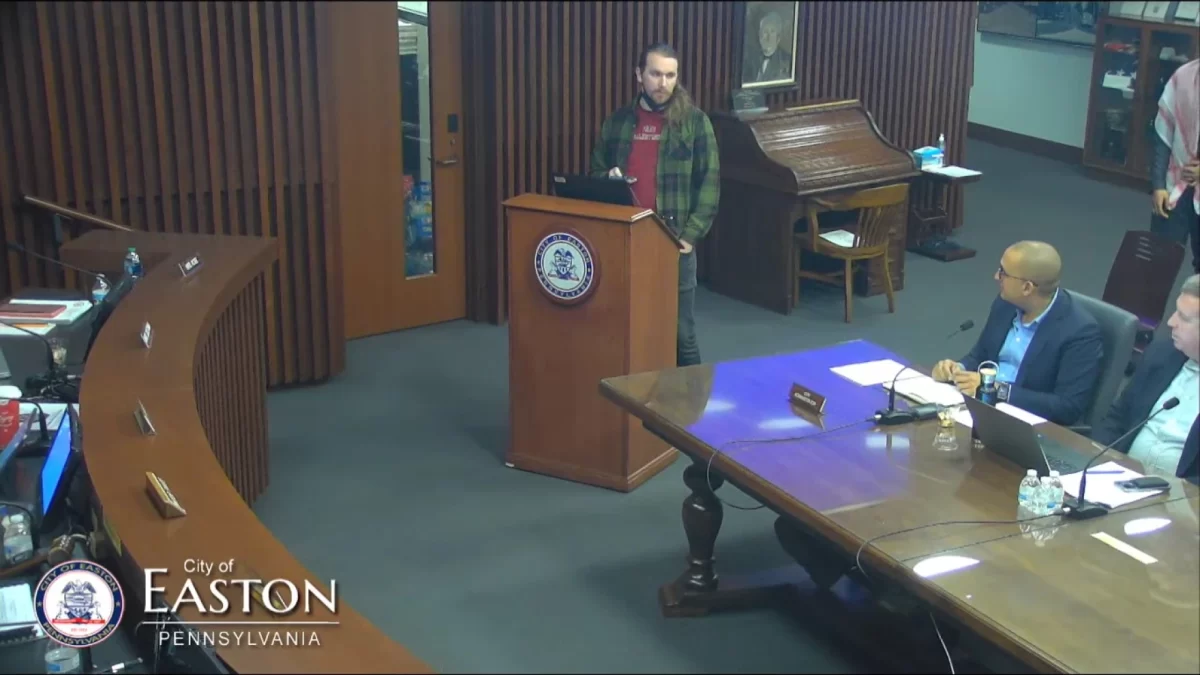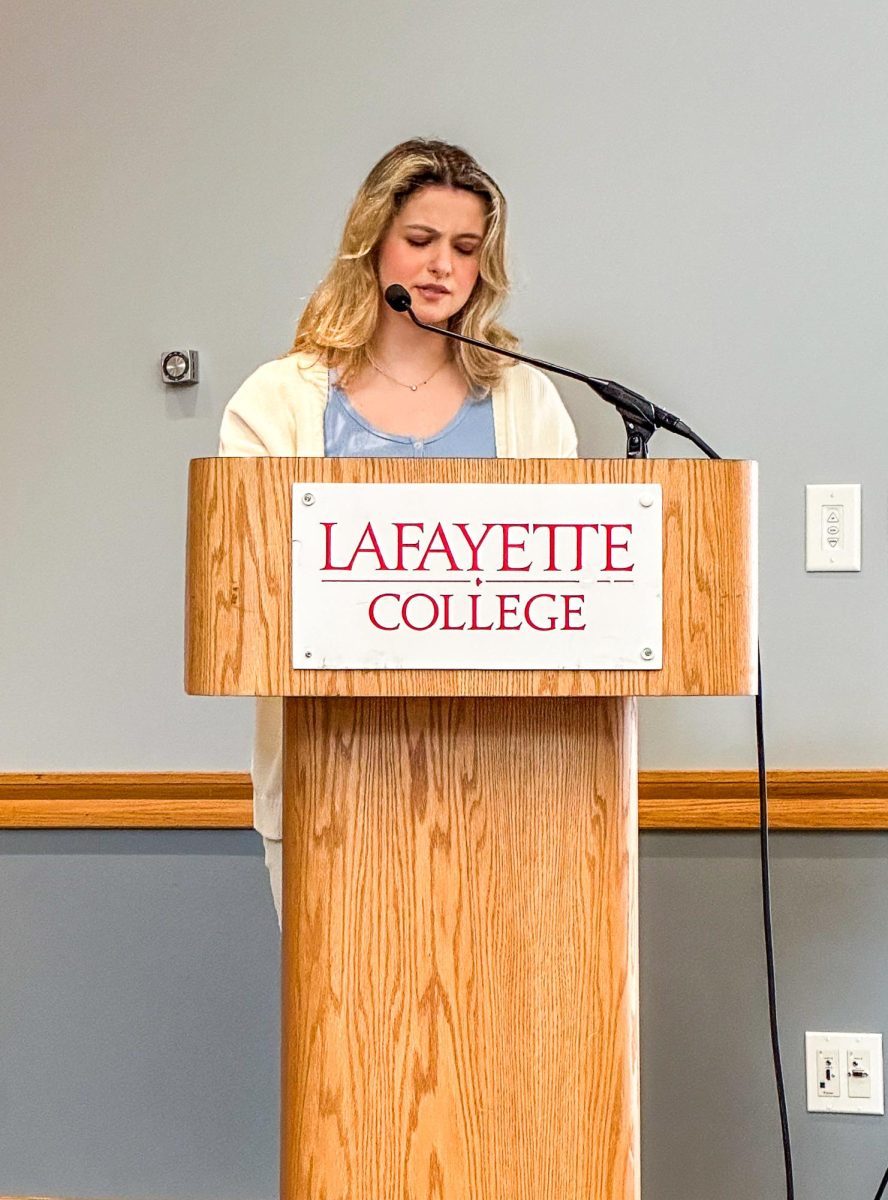Thought-provoking imagery paired with a heartfelt stage presence, David Lehman graced his eager audience of English faculty and aspiring young writers with ease and an unparalleled openness this past Wednesday night, November 6.
An incredibly successful poet, editor, journalist, and translator, his most notable career milestones include being the series editor of “The Best American Poetry,” being an editor of “The Oxford Book of American Poetry,”series editor of “The Best American Poetry,” being an editor of “The Oxford Book of American Poetry,” contributing articles to various publications like the New York Times and The Washington Post, and several books of personal poetry including “Yeshiva Boys” and “When A Man Loves A Woman.”
Lehman’s poetry touches on a variety of topics, from his upbringing as the son of German holocaust refugee to his role as a husband – he read one of the poems he writes for his wife for Valentine’s Day. Most distinctly however, Lehman stands out for his experimental writing prompts. For example, Lehman wrote a series of poetry speaking in the voice of famous poets. One that particularly stood out was his poem in the voice of Emily Dickinson, “Paradise,” he began, “’dash’…circa 1886.” The poem being a satirical commentary on what some literary critics believe to be the unconventional genius hidden behind Dickinson’s use of punctuation.
Another poem topic called upon the age-old poetry professor prompt, the story of your life. How would Lehman write the story of his life? He begins the piece describing his end of work-day retirement at a family barbeque. The sun is warming his face and the visceral scents of home cooking pervade the scene. He answers the question however, that the story of his life would be about a boy like him. “And the boy wants nothing more than to sit in the sun, but always arrives too late. The diagonal line dividing the yard into equal areas of sun and shade vanishes as soon as he gets there,” Lehman said.
Writing one poem a day for five years, Lehman believes that practice makes one the master of poetry, as his daily poems ranged in dark comedic undertones and heartbreaking political and culture commentaries. In his Q&A he proved that poetry does not have to be this conceptual, well-planned occasion of inspiration. When one writes a poem a day, you can write all types of poems in any manner you can imagine, “like anything else, you do a lot, you get to be fast at it.” Producing poetry begins to become second nature.
Being the editor of the “Best American Poetry” series, an astute audience member asked Lehman what he considers to be “bad” poetry. “The word ‘bad’ in some context means good and I think that is a very useful thing to keep in mind,” he said. Even the worst poetry we produce can turn into a beloved piece because it reveals some kind of secret about us or a hidden truth. Sometimes even purposely “bad” poetry can become the best poetry.
For young writers, it appears that the biggest lesson Lehman offered his pupils Wednesday night was to approach poetry without fear. There is no need to be fearful of writing if you maintain an open mind to your own thoughts. His collected and casual approach to writing exhibited the meditative and confident mind of a master poet.








































































































